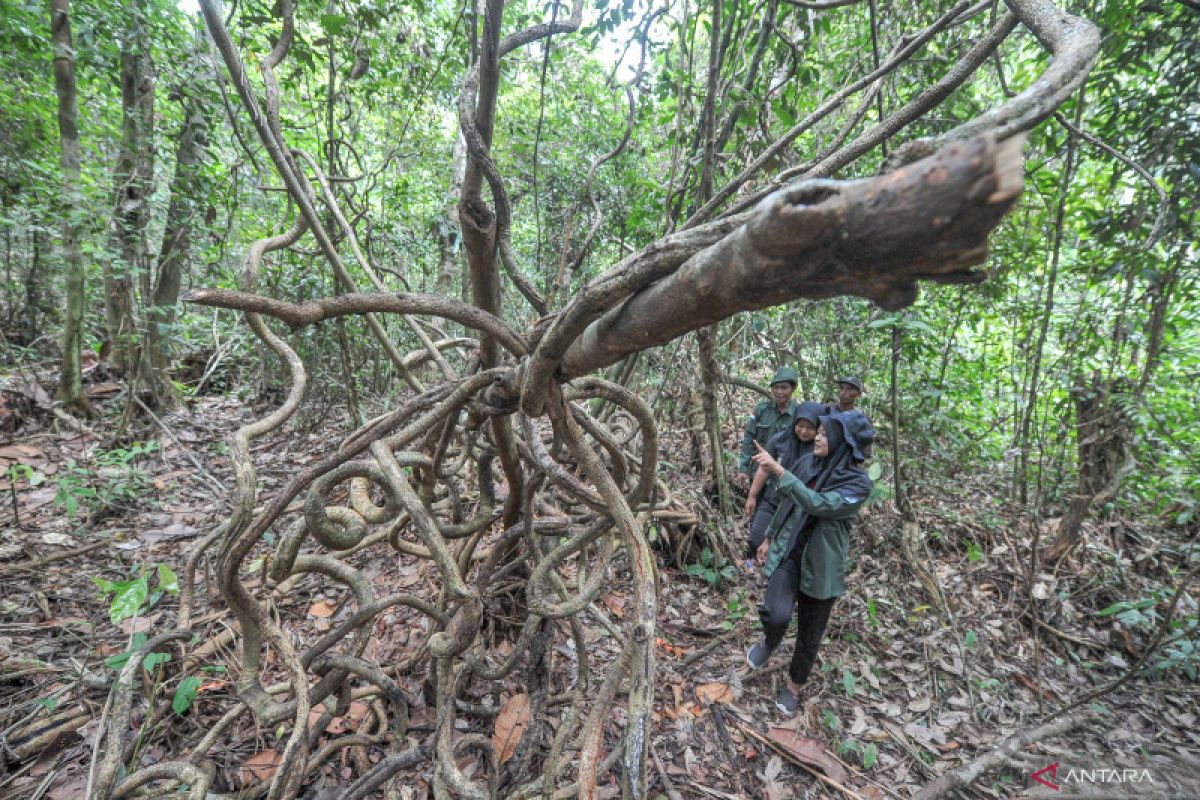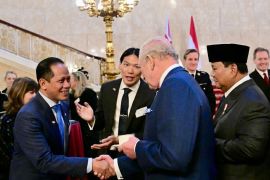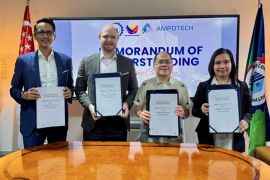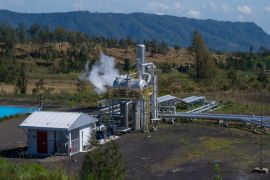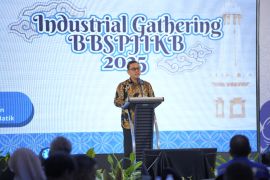"A number of indicators show that the performance of sustainable forest management in 2023 exceeded the target," acting director general of sustainable forest management (PHL) at the Ministry of Environment and Forestry (KLHK), Agus Justianto, said in a statement, which was received here on Thursday.
Besides the productivity of forest areas, which showed positive results, the accelerated implementation of the multi-forestry business model in forest utilization business licensing (PBPH) also helped make forest management increasingly inclusive by involving the community.
Justianto informed that in 2023, planting and enrichment of plants was carried out on 667,780 hectares of the PBPH area. The figure was 156 percent above the target of 428 thousand hectares.
He further disclosed that log production reached 58.13 million cubic meters, or 101.9 percent of the target of 57 million cubic meters.
"Most log production comes from plantation forests, 89.01 percent. Meanwhile, from natural forests 7.37 percent, from BUMN Perhutani 1.59 percent, and from non-forestry 2.03 (percent)," he added.
Logs are used as raw materials by the forest products processing industry and turned into various products such as woodworking products, plywood, wood chips, wood panels, and even pulp.
Justianto said that besides timber, the production of non-timber forest products such as rattan, agarwood, latex, and bamboo also increased, with production in 2023 reaching 820.2 thousand tons, or equivalent to 193 percent of the target of 425 thousand tons.
Forest management is now also becoming more inclusive by providing increasingly expanded community access.
According to Justianto, the provision of legal access in the form of forestry partnerships to PBPH was realized for 20,643 hectares of land in 2023, or 137.6 percent of the target of 15 thousand hectares.
"Forestry partnerships have been followed up with the signing of an MoU and Cooperation Agreement Text (NKK) between the community and PBPH," he said.
He further said that efforts to involve the community in forest management through forestry partnerships are in accordance with the policy to encourage multi-forestry businesses (MUK), where PBPH is not only oriented toward timber products, but also non-timber forest products.
"Implementation of MUK is necessary because it can increase the real economic value of forest areas and increase forest area productivity by encouraging the process of downstream product diversification," he explained.
This year, MUK implementation was carried out on 14,078 hectares of PBPH areas located in seven provinces and 28,203 hectares in 12 Perhutani Forest Management Units (KPH), with multi-forestry businesses following an agroforestry pattern.
Justianto added that the MUK model was also implemented in 64 KPH units spanning an area of 12,210 hectares in 14 provinces.
In the meantime, chairperson of the Indonesian Forest Concessionaires Association (APHI), Indroyono Soesilo, said that currently, the business climate is becoming increasingly positive, which is supporting the continued improvement in the performance of sustainable forest management.
"The policies implemented by the Ministry of Environment and Forestry increasingly encourage PBPH to perform well," he added.
Soesilo informed that in the future, PBPH will continue to support the ministry's sustainable forest management directions by accelerating the implementation of MUK and diversifying forest product industry products to advance the sustainability of forestry businesses.
Related news: SVLK to ensure sustainable forest management: Deputy Minister
Related news: Representatives from 14 countries learn peat management in Riau
Reporter: Katriana
Editor: Rahmad Nasution
Copyright © ANTARA 2023
